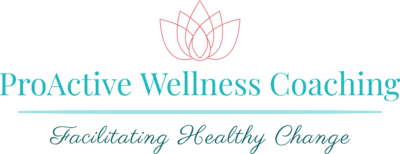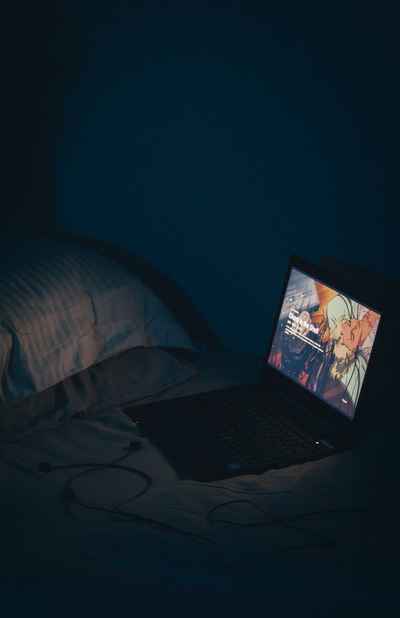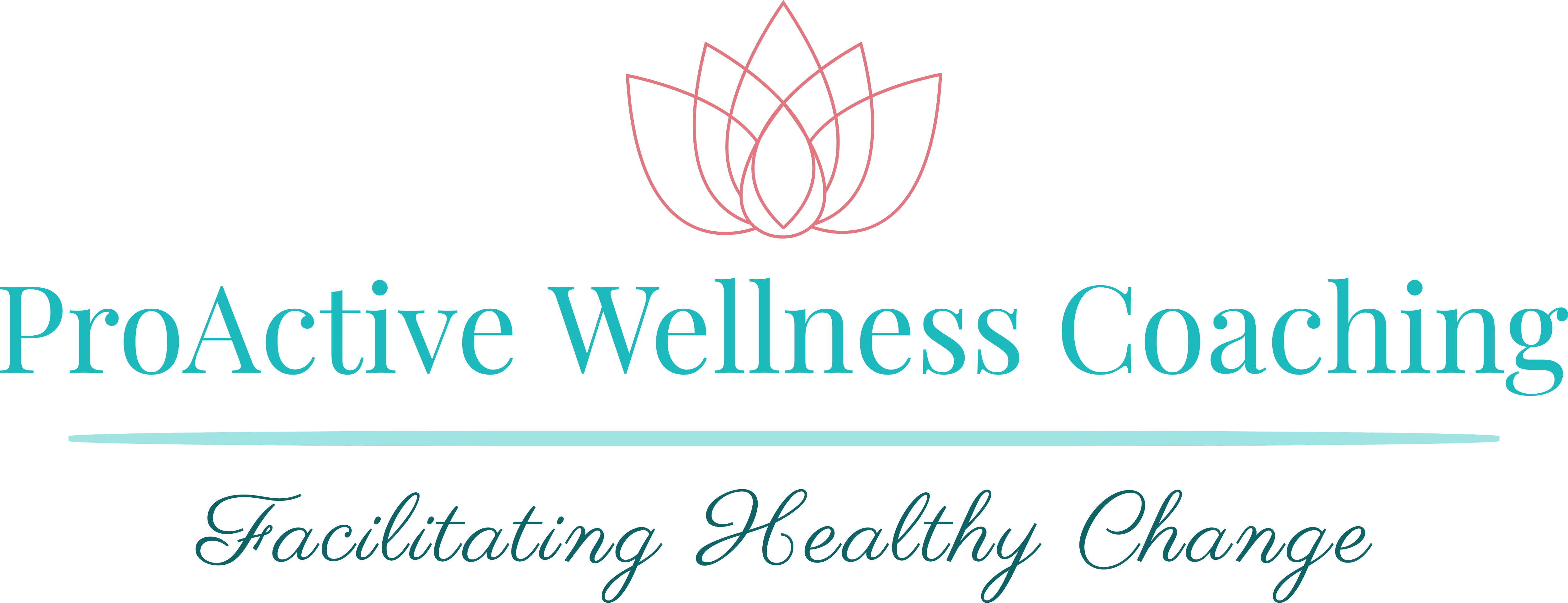
Four Things to Avoid for Better Sleep

You hear me talking a lot about how important sleep is. But what about those times when you really just cannot get enough hours in? Is there some kind of a hack for that?
Yes and no.
Several studies have found that it’s important to prioritize getting at least 7 hours of sleep per night on a regular basis. Consistently getting less than that can lead to a whole host of issues.
Whether you’re getting that much or not, read on to discover 4 ways that you can improve the quality of your sleep, even if you can’t get enough zzz’s in that night.
(Talking about these wellness topics and discovering just how interrelated they are gets me all jazzed up...😆 It’s part of the reason I started pursuing my interest in health and wellness. The connections between what we consume, what we do with our bodies, and how it functions even on a cellular level are SO fascinating to me! So excuse me while I geek out over here over some serious science.
I share these connections so that you can understand the WHY instead of someone simply telling you, “Sleep more. It’s good for you.” )
So if you want better quality sleep, let’s talk about what to avoid before bed!
While this isn't a complete list, these are the most important factors that will play a big impact on your sleep quality. In no particular order…

Screens and blue light an hour before bed. This is because our body needs darkness to signal it’s time to synthesize melatonin. Most screens (TV, computer, tablet, phone etc) give off light waves that stimulate the part of our brain that makes us feel alert. Not exactly what we’re going for!
Caffeine - at least 2 hours before bed, but more like 5+. There are a few people who claim that they can fall fast asleep and caffeine doesnt affect them, but for most of us, caffeine in the evening can cause difficulty in drifting easily off to sleep. Be careful of sneaky caffeine, like in dark chocolate and some teas.

Alcohol - though it’s technically a depressant, the sugars in alcohol can interfere with REM sleep, often causing people to initially fall asleep quickly, but then wake in the middle of the night with difficulty returning to sleep.
Vigorous Exercise - It increases the heart rate, increases cortisol levels in the short term, and sets off a host of other (otherwise very beneficial) processes in the body. Try to finish any intense exercise routine at least 2-3 hours before bed time. Yoga is one form of exercise that has been found to be helpful before bed, so no need to avoid that, if it’s your preferred form of movement!
Of course we can't always follow each of these, but a life of wellness is about balance and moderation. Go out and have a good time this season! Scroll mindlessly on your phone to decompress (though you know I can offer some alternatives!), have a coffee after dinner every once in a while... but knowing how these will affect your sleep can help empower you to make choices that feel good in the long term!
Keep your eye out for the next blog post covering this essential pillar of wellness! (Or search "sleep" in the search at the top of the website)

0 comments
Leave a comment
Please log in or register to post a comment